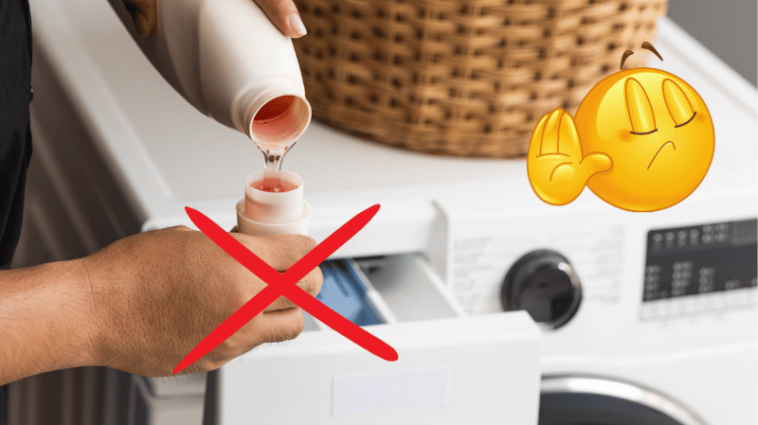With promises like fresher, softer laundry, long-lasting scent, static cling removal, and more, it’s easy to imagine that using fabric softener comes at a cost. However, it is very often our health, as well as that of the planet and the washing machine, which suffers the most. In this article, we will explain behind the scenes this product intended to perfume laundry and give you all the good reasons to ditch the fabric softener. And of course, we will also offer you effective alternative solutions based on natural products so that you never have problems with rough laundry again. Enough to have clean and fragrant laundry without harming your health.
1) Fabric softener is not always useful
With each wash, it’s automatic: you add a dose of this product to provide its good smell. However, its use is not always necessary. Very often, it is recommended to use it in case of hard water, because limescale can make clothes less soft. However, not all municipalities have very hard water (ask at the town hall). In addition, the harder the water and heated to a higher temperature, the faster limescale is deposited. Also, when washing at low temperature (less than 60°C), this product does not add no added value in comparison to using it for a hotter wash. There is therefore no need to add detergent or anti-limescale in these conditions!
2) This product clogs the washing machine
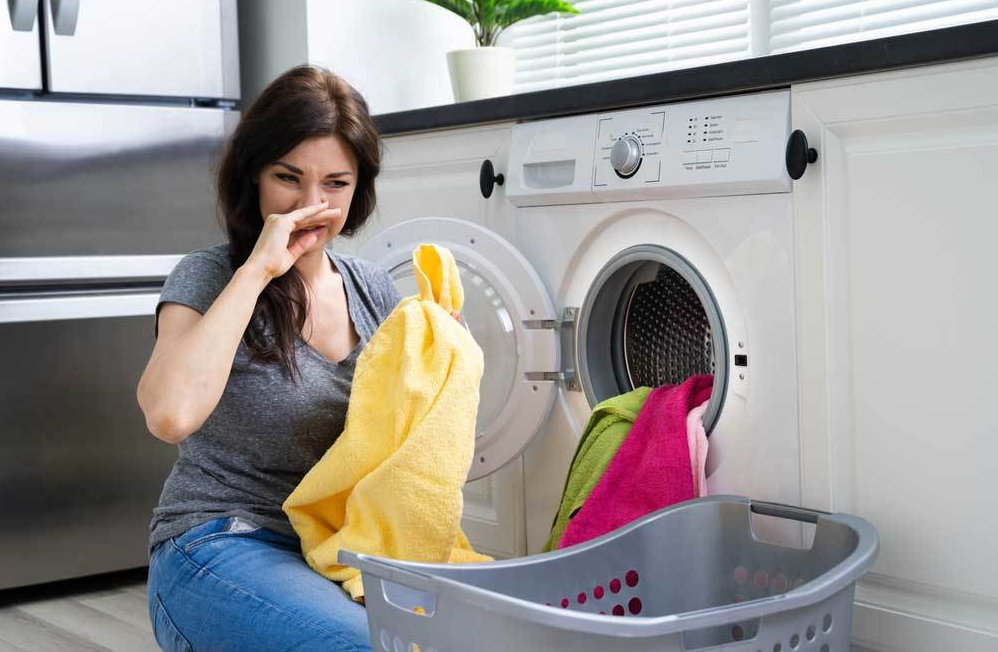
With regular use, fabric softener tends to clog the drawers of the washing machine as well as its ducts. This can in particular promote black deposits mold and bad smells in addition to harming laundry washing. The latter is poorly rinsed due to blocked ducts. For the durability of the washing machine and optimal cleaning, it is therefore better to avoid using it too much.
3) Fabric softener causes allergies and can harm health
We pay attention to what we eat or the products we apply to our skin, but we generally don’t pay attention to what we use to clean clothes. However, the latter are constant direct contact with our skin. Between the surfactants it contains and the various allergens (preservatives, overdosed synthetic perfumes, ingredients from petrochemicals, etc.), this product is not harmless. Respiratory discomfort (e.g. increased asthma), headaches, skin irritations, allergies, etc. effects are harmfulespecially in fragile or sensitive people. Moreover, we often advise against their use for baby laundry. Several studies also consider that this product may be carcinogenic.
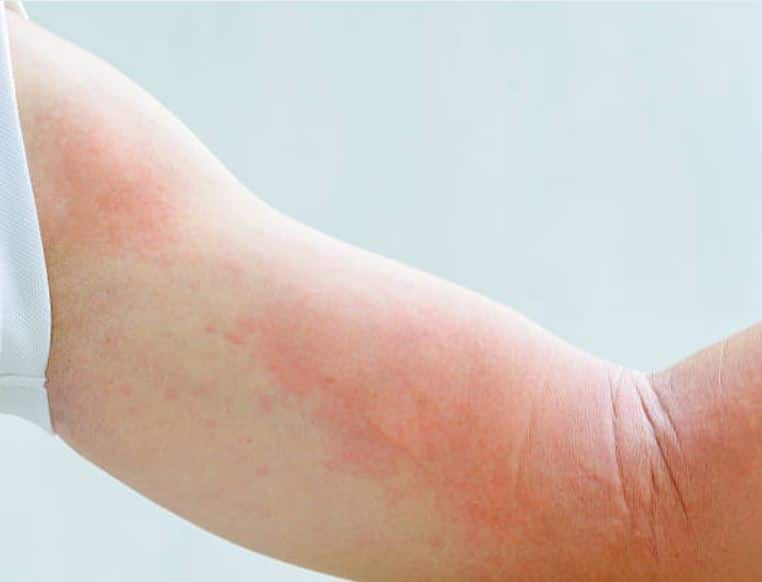
And unfortunately, allegations such as “hypoallergenic“, “sensitive skin” or “dermatologically tested” are not no guarantees of security. It’s marketing. As the UFC test showed, 5 of the 8 softeners bearing these statements contained perfume or an allergenic preservative.
Anthology of harmful ingredients often found in fabric softener:
–Methylisothiazolinone : Like the linalolit is a very allergenic product common in household products. Allergies to this component have been on the rise in recent years.
–Eugénol, Isoeugenol, Amyl Cinnamal et Benzyl Cinnamate : Present in high levels in fabric softener, they promote irritation of the skin and respiratory system.
–Alpha Terpineol : This neurotoxicant can cause dizziness, headache, dizziness, memory loss and pain (neck, back, etc.). Despite its natural origin, it presents a certain degree of toxicity which destroys the structure of cell membranes.
–Benzyl alcohol : It causes nausea and vomiting, dizziness, and headaches as well as central nervous system disorders in the event of regular exposure. However, it is present in cleaning products, paints and varnishes, medicines, etc.
–Benzyl acetate : It is irritating to the eyes and respiratory tract, and is linked to the development of cancerous tumors in the pancreas.
–Chloroform : It is a carcinogenic solvent.
4) Fabric softener is a polluting product
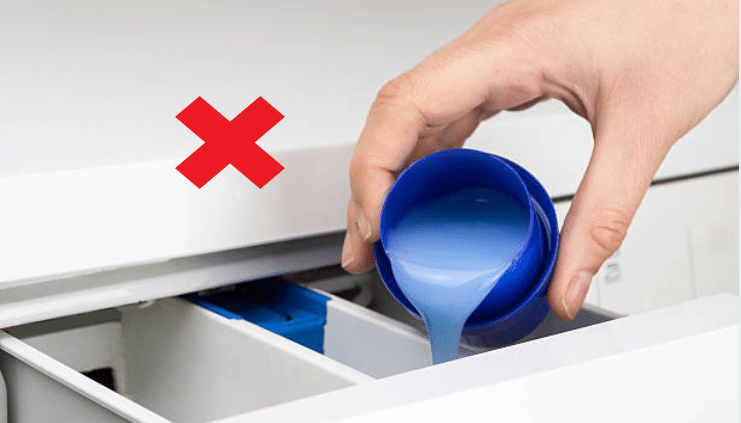
Like essential oils, this product pollutes the water when used for laundry care. Let us remember that the chemical ingredients which compose it are not not biodegradable. De facto, they are found in wastewater and can thus harm aquatic fauna and flora. If you don’t do it for yourself, think of our beautiful planet, which has already suffered a lot!
5) It also makes cleaning less effective
By surrounding the textile fibers to smooth and soften them, the softener harms the absorbency of laundry. Concretely, towels and tea towels washed with this detergent will have more difficulty absorbing liquids. As for sports clothing, they also absorb perspiration less well. This ultimately makes their use less pleasant. If you want clothes and household linens that perform their function, avoid putting fabric softener in the dedicated compartment of the washing machine! This can also accumulate in the fibers of rags and therefore spread grease when cleaning various surfaces in the house. Housekeeping then becomes less efficient.
So, how do you replace fabric softener on a daily basis?
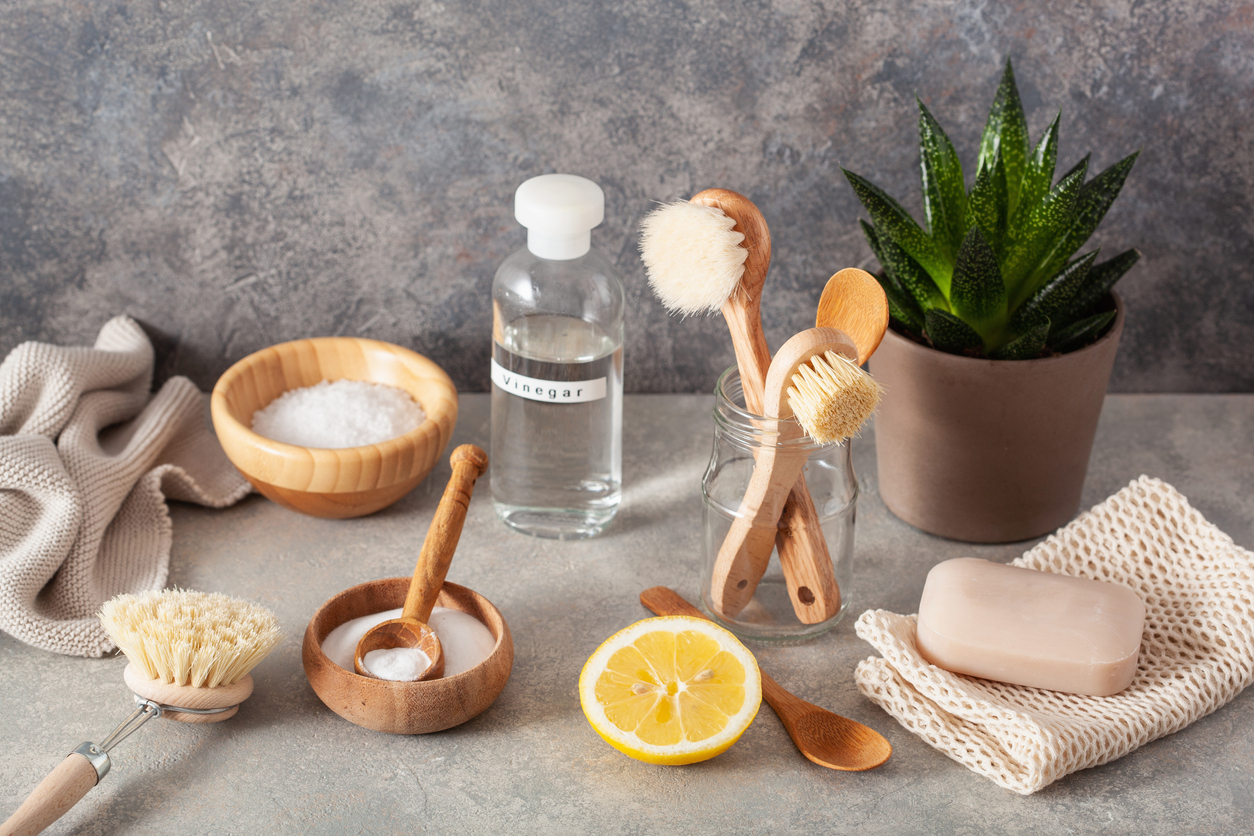
To counter the effects of limescale, you can use white vinegar. By countering the effects of limescale, it makes the laundry more supple. And as it dries, it disappears. There is therefore no risk of unpleasant vinaigrette odors in the laundry. However, you can combine it with a few drops of natural fragrance (to buy on the Internet). This will give the vinegar a good smell. Additionally, the scent will be more sustainable and less polluting than an essential oil whose primary function is not to perfume. Don’t want to use vinegar? There are other chemical-free fabric softener recipes!


